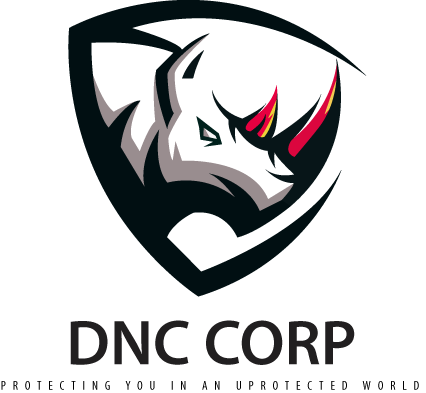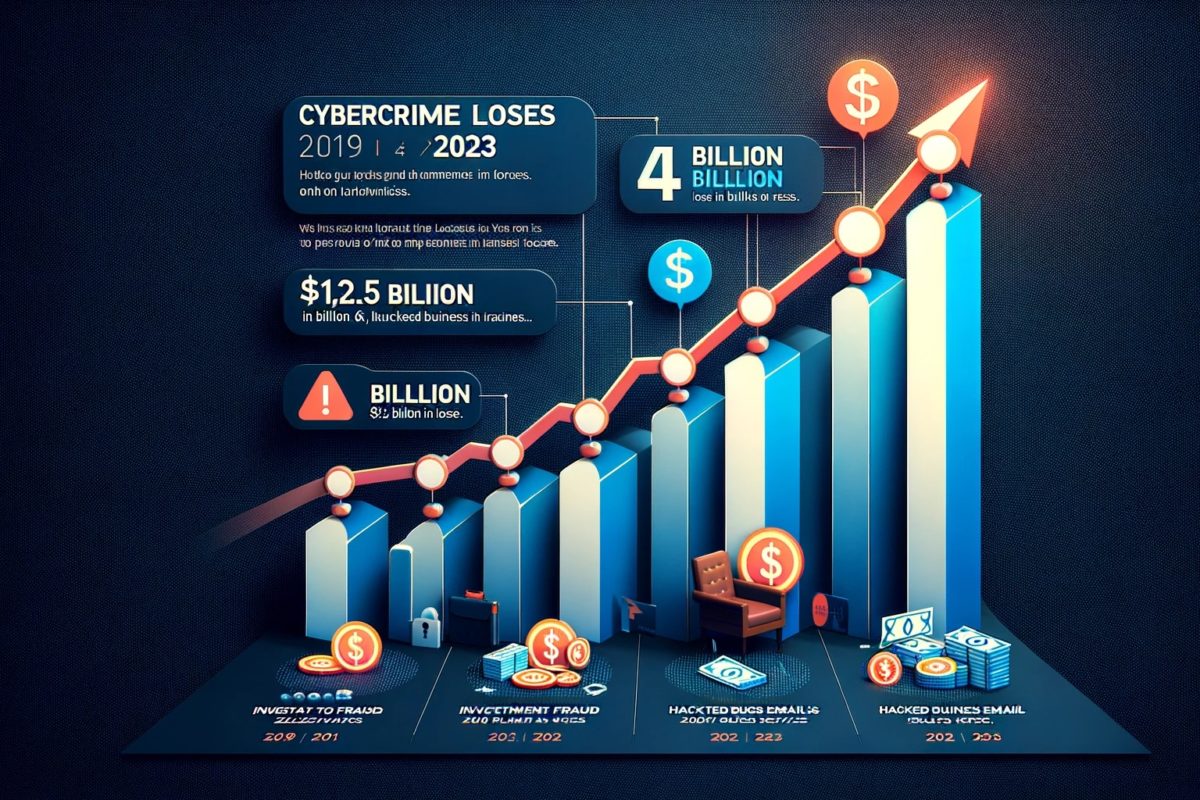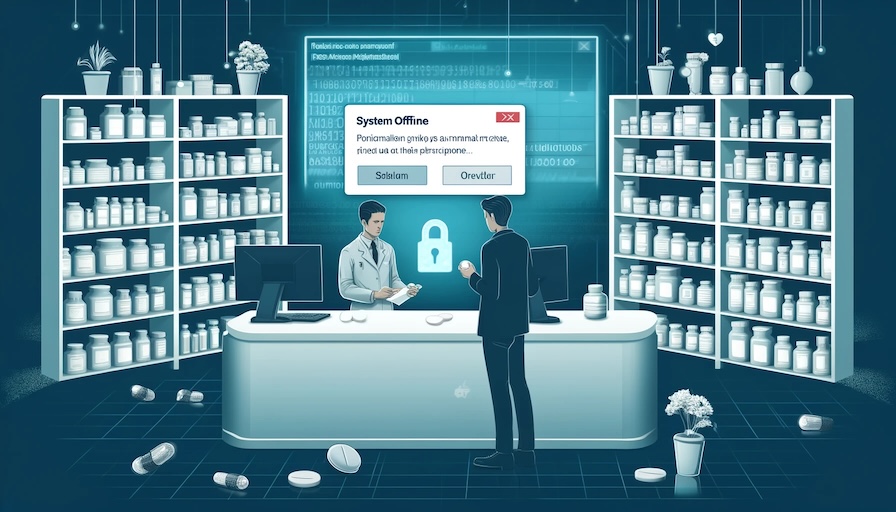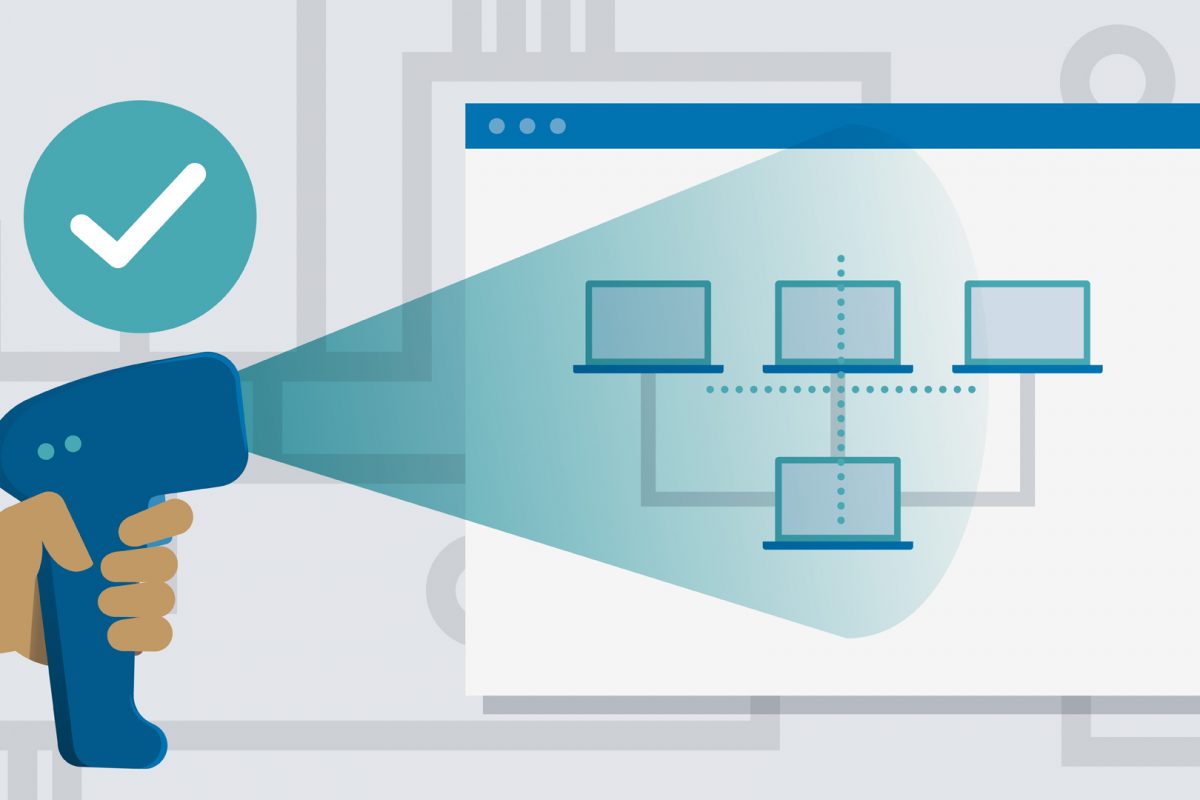Trump Administration Restructures DHS Cyber Safety Review Board
President Donald Trump’s administration has made significant changes to the Department of Homeland Security (DHS) by terminating all advisory committee memberships, including the Cyber Safety Review Board (CSRB). This decision, framed as a measure to eliminate resource misuse, was announced by Acting DHS Secretary Benjamine Huffman on January 20.
The CSRB, established under Executive Order 14028 during the Biden administration, played a key role in reviewing major cybersecurity incidents. Its investigations focused on vulnerabilities impacting government and private networks, offering recommendations for improving cybersecurity. Recent reviews included the widely publicized Salt Typhoon hacks linked to Chinese state-sponsored actors.
Details of the Overhaul
The memo from DHS highlighted a push to align advisory bodies with the department’s broader mission to protect national security. Huffman emphasized that the changes are part of a restructuring effort aimed at focusing on strategic priorities. Members of the now-dissolved CSRB were invited to reapply under the new framework.
This decision coincides with a broader initiative by the Trump administration to overhaul federal operations, aligning them with its goals. The CSRB was one of several advisory committees impacted by this move, marking a shift in how cybersecurity investigations and recommendations will be handled.
Ongoing Investigations Affected
The decision impacts the CSRB’s review of the Salt Typhoon hacks, a sophisticated campaign targeting telecommunications networks globally, including in the United States. This investigation, along with others previously handled by the CSRB, faces delays as the board undergoes restructuring.
Salt Typhoon’s activities have drawn significant attention due to their scope, targeting key communication networks and political figures. While details of the investigation remain classified, cybersecurity experts have acknowledged the importance of addressing the vulnerabilities exposed by this incident.
Broader Context
This restructuring reflects the administration’s approach to realigning federal resources with its priorities. While the CSRB was credited for its collaborative structure and focus on addressing major cybersecurity threats, the administration’s actions suggest a move toward a different framework for managing cybersecurity reviews.
Statements from officials suggest that the board’s future composition and mandate will align more closely with the administration’s focus on efficiency. The timeline for appointing new members and resuming investigations remains unclear.
Final Thoughts
The Trump administration’s decision to dissolve the current CSRB marks a significant change in how cybersecurity incidents will be reviewed and managed. As the federal government transitions to a new approach, the implications for addressing cyber threats will likely continue to shape the national cybersecurity strategy.






